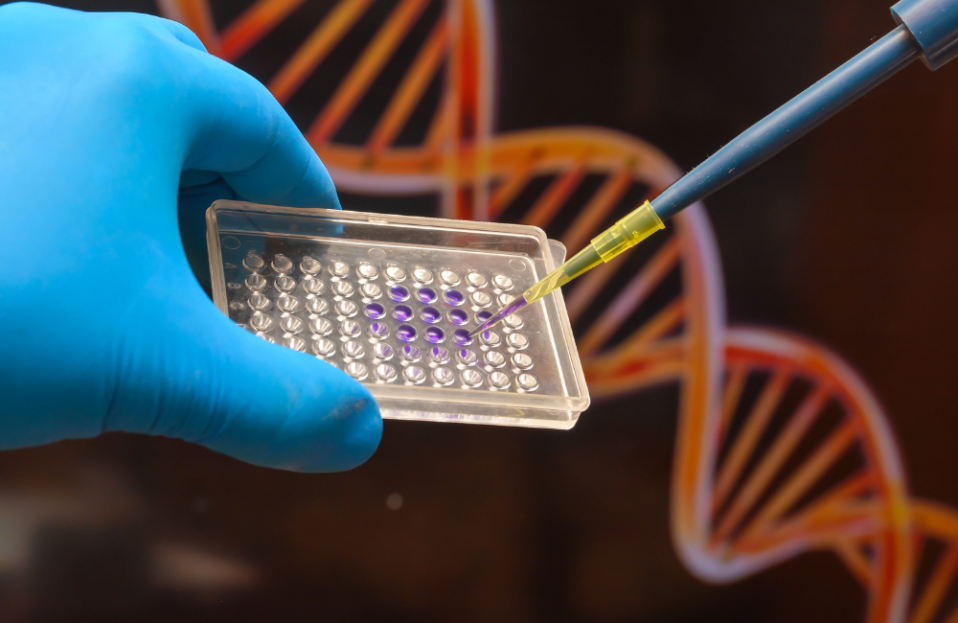There’s a paradigm shift taking place in the world of cancer treatment. Experts are moving away from an organ-focused approach to treatment, like using radiation to treat the specific area affected by cancer. Instead, they’re looking at genomic sequencing. Genomics is the branch of molecular biology concerned with the structure,…...
Self-Exam for Breast Cancer
Breast Cancer Self-Exam Tips Women 20 years of age and older should be proactive about detecting breast cancer. Follow the instructions below to examine your breasts. Lying down, place a towel or pillow under your right shoulder and put your right hand behind your head. Examine your right breast with…...
Bone Cancer 101
There are two primary types of bone cancer: 1) primary bone cancer, which originates in the bone tissue and can be either cancerous (malignant) or non-cancerous (benign); and 2) metastatic tumors of the bone tissue (which originated elsewhere in the body and then metastasized, or spread, to the bone). Primary…...
Prostate cancer MRI scans: is the NHS ready?
All men with suspected prostate cancer should be offered a specialist MRI scan when they’re referred to the hospital in England, before a biopsy. And it’s a decision that prostate cancer expert Professor Mark Emberton is extremely happy about. Read the original article at: https://scienceblog.cancerresearchuk.org/2019/05/09/prostate-cancer-mri-scans-is-the-nhs-ready/...
News digest – NHS staff shortages, HPV vaccine in Rwanda, prostate cancer guidelines and sunscreen chemicals
Read about this week News Digest’s cancer research breakthrough headlines including National screening programs, a new drug for aggressive childhood brain cancer, HPV vaccination in Rwanda, and more. Original article at: https://scienceblog.cancerresearchuk.org/2019/05/11/news-digest-nhs-staff-shortages-hpv-vaccine-in-rwanda-prostate-cancer-guidelines-and-sunscreen-chemicals/...
£6 million fund to boost number of Scots doctors involved in cancer research
Scottish science is set to receive a multimillion-pound boost to transform training for doctors who undertake cancer research – and help retain women scientists in the field. “If we’re to bring forward the day when all cancers are cured, we need all our doctors and scientists to be able to reach…...
- 1
- 2







